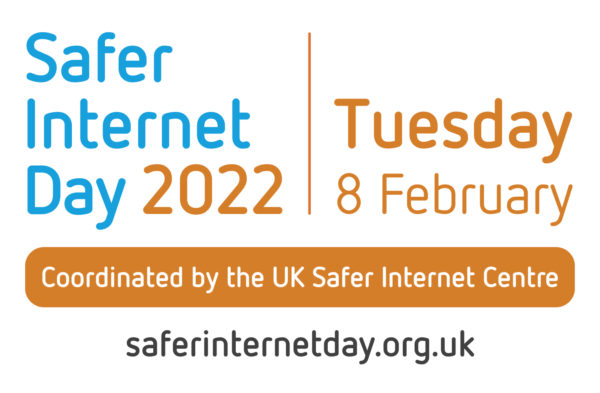Conveyancing Fraud
Criminals are actively targeting property purchases, with the aim of tricking you into transferring them your house deposit and/or the balance of purchase monies to them.
A house-buyer was scammed into handing over £640,000 as part of a conveyancing fraud. Emails between the buyer and their solicitor had been intercepted by criminals. As a result, the criminals were able to collect all of the information relating to the house purchase.
The criminals then used a spoofed email account (made to look like that of the solicitor) to request payment. Payment details were provided on headed solicitors paper via the spoofed email, and the amount requested was exactly what the house-buyer had expected to pay. The victim was later advised by the genuine solicitor that these payments had not been requested. The majority of the money was never recovered, all-but wiping out the victim’s equity and savings, and leading to the collapse of their purchase. The fraud had a devastating life-long impact on the house-buyer and their personal finances.
Advice
Be extremely vigilant if there appears to be any change of payment details, and always double check by calling your lawyer before you transfer your money, as emails can be intercepted or diverted. You can test the account by sending a small sum to the account details provided and check that your lawyer has received this before transferring all of the money.
- Confirm you have the correct bank details from your law firm either in person or over the phone.
- Law firms rarely change their bank details. If you receive an email or telephone stating a change in details, question its authenticity.
- If you are making a payment to an account for the first time, transfer a small sum first and then check with the law firm using known contact details that the payment has been received.
- If you have any doubt about the transaction then do not transfer your money until you are satisfied it is correct.
If you suspect you have been a victim of conveyancing fraud you should seek advice from your bank and report this to Police Scotland on 101.














